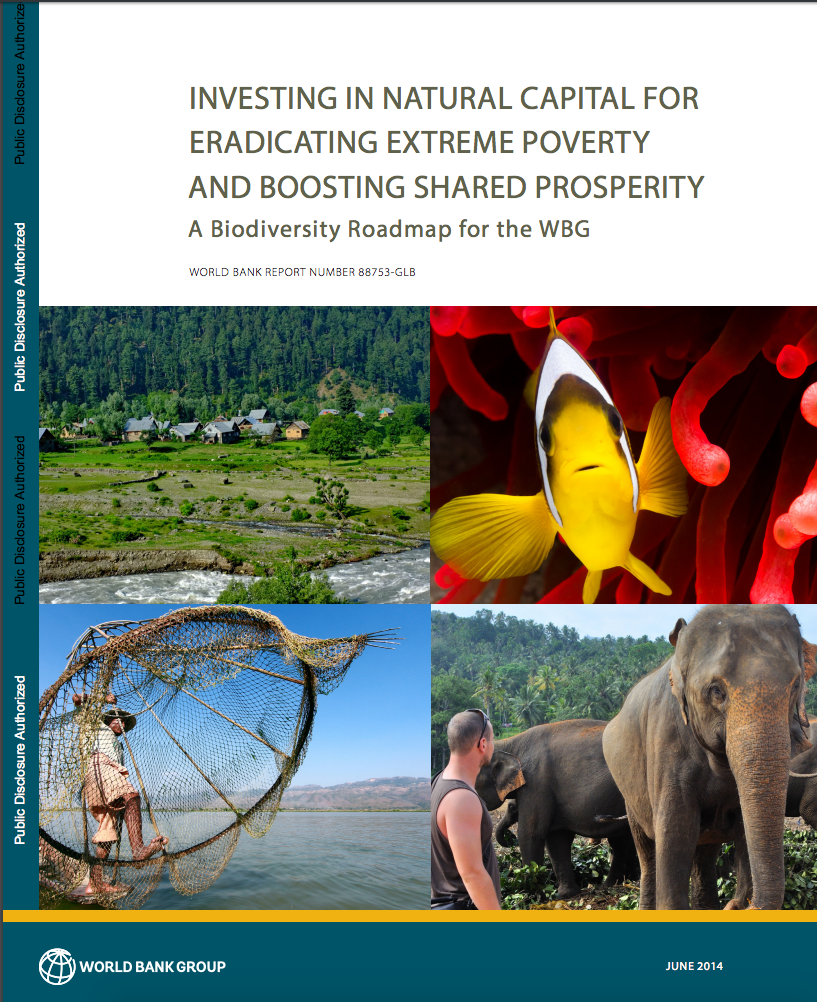Regionalizing Infrastructure for Deepening Market Integration : The Case of East Africa
The East African Community has long
recognized that regional economic integration can yield
significant welfare gains to its member states. To that
end, the community has been making steady progress towards
the removal of tariffs and quantitative restrictions to
trade. Moreover, in recent years, there has been an
increasing recognition that: (a) even greater welfare gains
could be realized through deeper forms of regional


